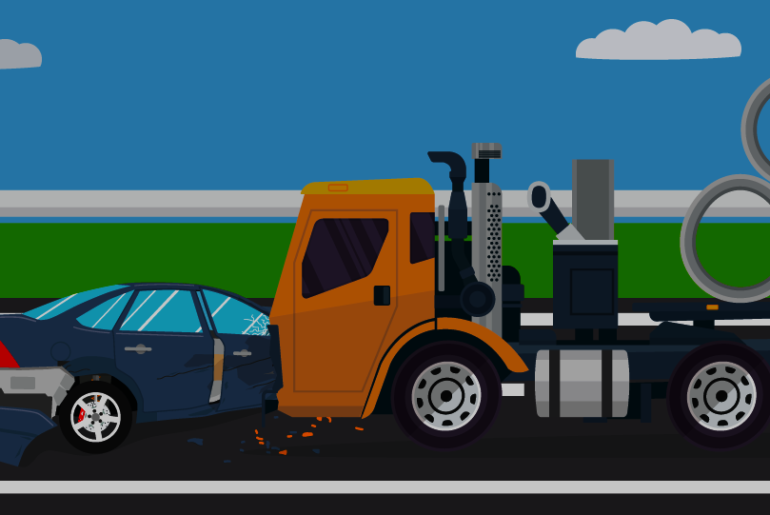Introduction:
Navigating the complexities of settlements in auto and truck accident lawsuits can be challenging. Understanding the process, the range of potential settlements, and the legal obligations of trucking companies is crucial for anyone involved in such accidents.
Settlement Timing:
Settlements in truck accident cases can occur at any stage, from immediately after the accident to just before a jury verdict. Early settlement offers may arise, but accepting them means waiving the right to pursue further legal action. It’s essential to understand the implications before making any decisions.
Settlement Range:
The settlement range for truck accidents varies widely, often ranging from a few thousand to millions of dollars. Factors influencing this range include the severity of injuries, the level of debilitation, and any pre-existing conditions of the injured party.
Insurance Coverage:
Trucking companies are legally required to carry a minimum of $750,000 in liability insurance. However, this amount may not cover all damages in severe accidents, leaving a gap between the insurance payout and the actual costs incurred by the victim.
Factors Influencing Settlements:
Several critical factors can impact the final settlement amount, including:
- The extent of injuries and whether they are permanent or lead to disfigurement.
- The victim’s age, occupation, and family dependencies.
- The trucking company’s behavior prior to the accident and the truck driver’s conduct.
Shared Fault and Its Impact:
In cases where fault is shared, the settlement amount can be significantly affected. The laws of the state where the accident occurred play a crucial role in determining the final compensation, especially in comparative negligence states.
Insurance Limitations:
The federally mandated minimum insurance coverage for trucking companies may not suffice in severe accidents. When damages exceed this amount, the trucking company’s assets may be targeted, but there’s no guarantee of full compensation if their resources are limited.
- Minimum Coverage: Trucking companies are required to have a minimum of $750,000 in liability insurance.
- Insufficient in Severe Cases: This amount may be inadequate for severe accidents with extensive damages.
- Company Assets at Risk: If insurance doesn’t cover all damages, the trucking company’s assets may be pursued for compensation.
- Uncertain Full Compensation: There’s no certainty that the company’s assets will fully cover the remaining costs.
Conclusion:
Settling an auto or truck accident lawsuit involves navigating a complex landscape of legal and financial considerations. Understanding the timing, range, and influencing factors of settlements is crucial for achieving a fair outcome. Consulting with a skilled attorney can provide valuable guidance and representation in these challenging cases.
